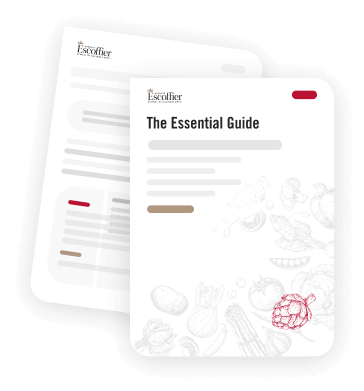Scent and how it affects appetite and satisfaction

When you smell the scent of baking cookies or a steak on the grill, you’re body reacts with an almost yearning hunger. A study published in Nature Neuroscience found that hunger might increase the strength of olfactory senses, resulting in a form of the munchies. The discovery is somewhat unsurprising, as smell and hunger have inspired the practices of both restaurants and diets. As a student of an online cooking school, you may be able to use scent science to your advantage.
The science of smell
Researchers used mice to study the effects of hunger on scent. When the mice were fasting (hadn’t eaten in a while), their brains produced more cannabinoid receptors that increased their hunger. Furthermore, those chemicals also increased their scent sensitivity. Researchers concluded that smell and hunger where then linked. Though the outcome was very conclusive with mice, scientists aren’t ready to compare the results to human response. The mice have cannabinoid receptors in just part of their brain whereas humans have them all over, including other parts of the body. However, the phenomenon would make sense and manufacturers are already taking advantage of smell.
Marketing with smell
If humans’ olfactory system does become enhanced when hungry, then some believe that suppressing smell might decrease appetitive. For example, the Aroma Patch is supposed to help monitor your association with scents and appetite. The patch, worn on the wrist or chest, releases a vanilla scent that almost numbs your attachment to sweet smells. Constant exposure makes them less desirable, theoretically, so wearers will eat less. Of course, diet and exercise are still necessary to lose weight with this patch.
Some clothing stores saturate their shops with strong perfumes meant to lure in customers. Hoteliers might place a bowl of lavender in the lobby for a relaxing atmosphere, while real estate agents often put out a plate of fresh-baked cookies. These tactics are all geared toward triggering olfactory senses tied to pleasant memories. It may also work in making customers hungry.
Have you ever walked by a McDonald’s and smelled the french fries? How did you feel afterwards? It’s likely you realized just how hungry you were and how amazing a large fry would be. Restaurants use the cannabinoid receptors’ response to bring in more customers. Next time you perfect a dish, test the theory for yourself by letting the smell fill your home. Others might walk by and ask for a bite or mention that they’re hungry. When you start your own restaurant, grill outside where passersby can inhale the aroma.


